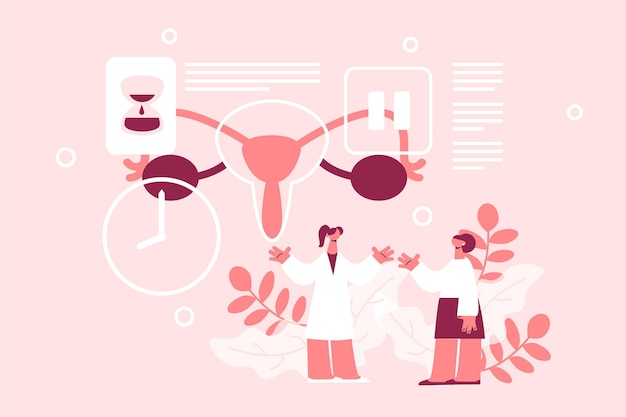Embryology treatment
Elevate your path to parenthood with our exceptional embryology expertise at Promise Fertility Center. Behind the scenes of every successful fertility journey lies the art and science of embryology, and our team of skilled embryologists is dedicated to orchestrating this intricate dance of life. At Promise Fertility Center, we pride ourselves on our state-of-the-art laboratory equipped with cutting-edge technology. Our embryologists possess a wealth of experience in handling and cultivating embryos, ensuring optimal conditions for their growth and development. From in vitro fertilization (IVF) to embryo selection and cryopreservation, every step is executed with meticulous care. We recognize the profound importance of these early stages in your fertility story. With a compassionate approach, our embryologists work in harmony with your aspirations, applying their expertise to help you realize your dream of building a family. Promise Fertility Center to be your partner in crafting the beginnings of a new life. Schedule your consultation today and witness firsthand the transformative impact of our embryology services. Your journey towards parenthood is our shared mission.

Embryology treatment Process
Embryology treatment, often referred to in the context of assisted reproductive technology (ART), involves several medical procedures that help with conception and the development of embryos outside the human body. Here's a detailed description of the process:
This initial phase involves stimulating a woman's ovaries with fertility medications to produce multiple eggs, rather than the single egg that typically develops each month. Monitoring through blood tests and ultrasounds ensures the eggs are maturing properly.
Once the eggs are mature, they are retrieved from the ovaries using a minor surgical procedure called follicular aspiration. This is usually done under ultrasound guidance with a thin needle inserted through the vaginal wall into the ovaries.
Sperm is collected from the male partner or a sperm donor. The sperm is then processed in the laboratory to separate the healthiest and most motile sperm from the seminal fluid.
There are two primary methods for fertilization:
- Conventional Insemination: The prepared sperm and retrieved eggs are combined in a petri dish and left to fertilize naturally.
- Intracytoplasmic Sperm Injection (ICSI): A single sperm is directly injected into an egg. This method is often used when there are concerns about sperm quality or previous fertilization failures.
The fertilized eggs (now embryos) are cultured in a specialized incubator for several days. During this period, embryologists monitor the embryos for proper development, typically over 3 to 5 days.
Embryos are assessed for their quality and development. The best-quality embryos are selected for transfer. Additional embryos may be frozen for future use.
The selected embryo(s) are transferred into the woman’s uterus using a thin catheter. This procedure is typically painless and doesn’t require anesthesia.
Hormonal medications, such as progesterone, are often given to support the uterine lining and improve the chances of implantation and pregnancy.
About two weeks after the embryo transfer, a blood test is performed to check for pregnancy. If the test is positive, further monitoring and ultrasound examinations follow to confirm the development of the pregnancy.
Any surplus embryos of good quality that are not transferred can be frozen (cryopreserved) for future use. This allows couples to attempt additional pregnancies without undergoing the full stimulation and retrieval process again.
Some couples opt for genetic testing of embryos before transfer to screen for specific genetic conditions or chromosomal abnormalities. This can involve Preimplantation Genetic Diagnosis (PGD) or Preimplantation Genetic Screening (PGS).
Embryology treatments are highly specialized and tailored to individual needs and circumstances. Advances in technology and techniques continue to improve the success rates and options available for individuals and couples facing fertility challenges.
